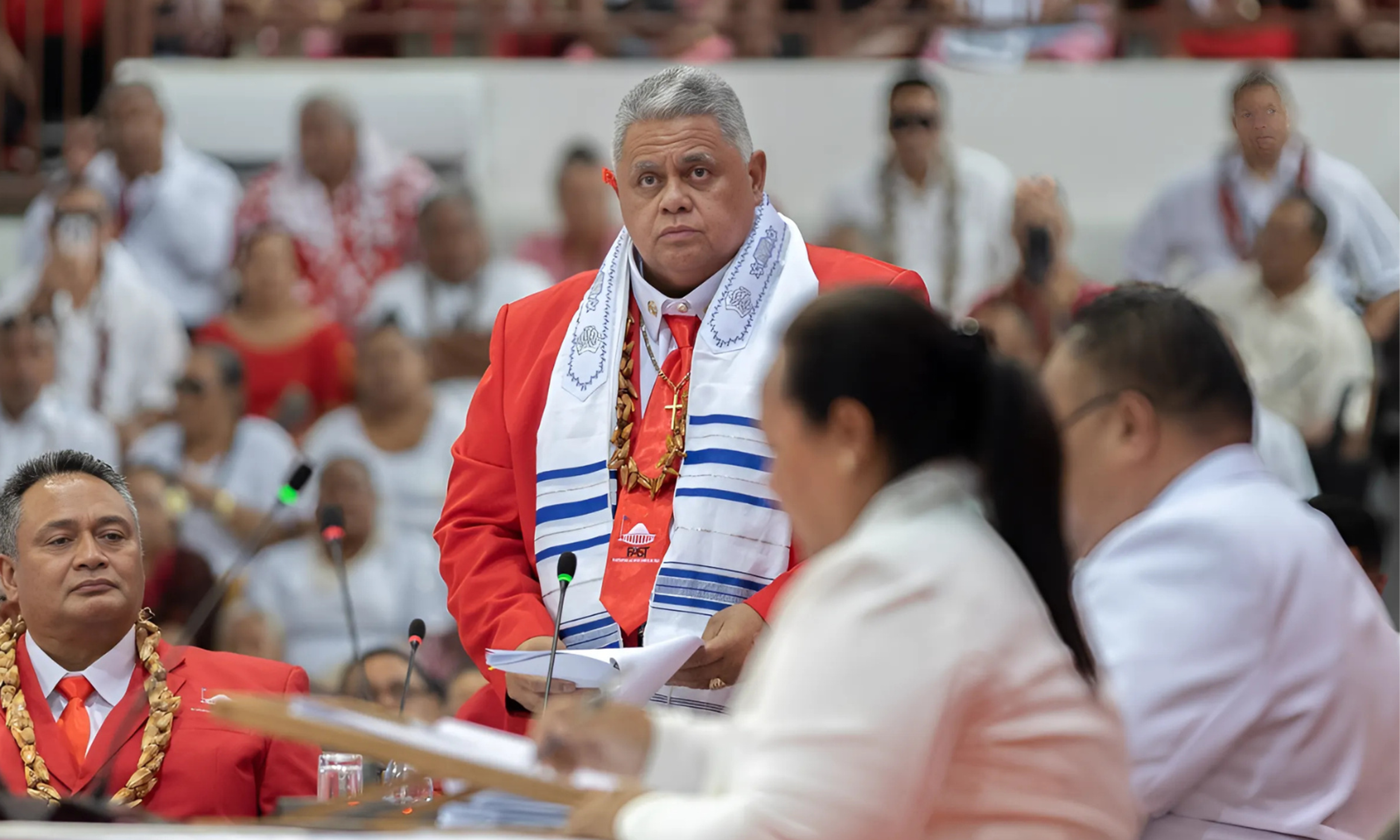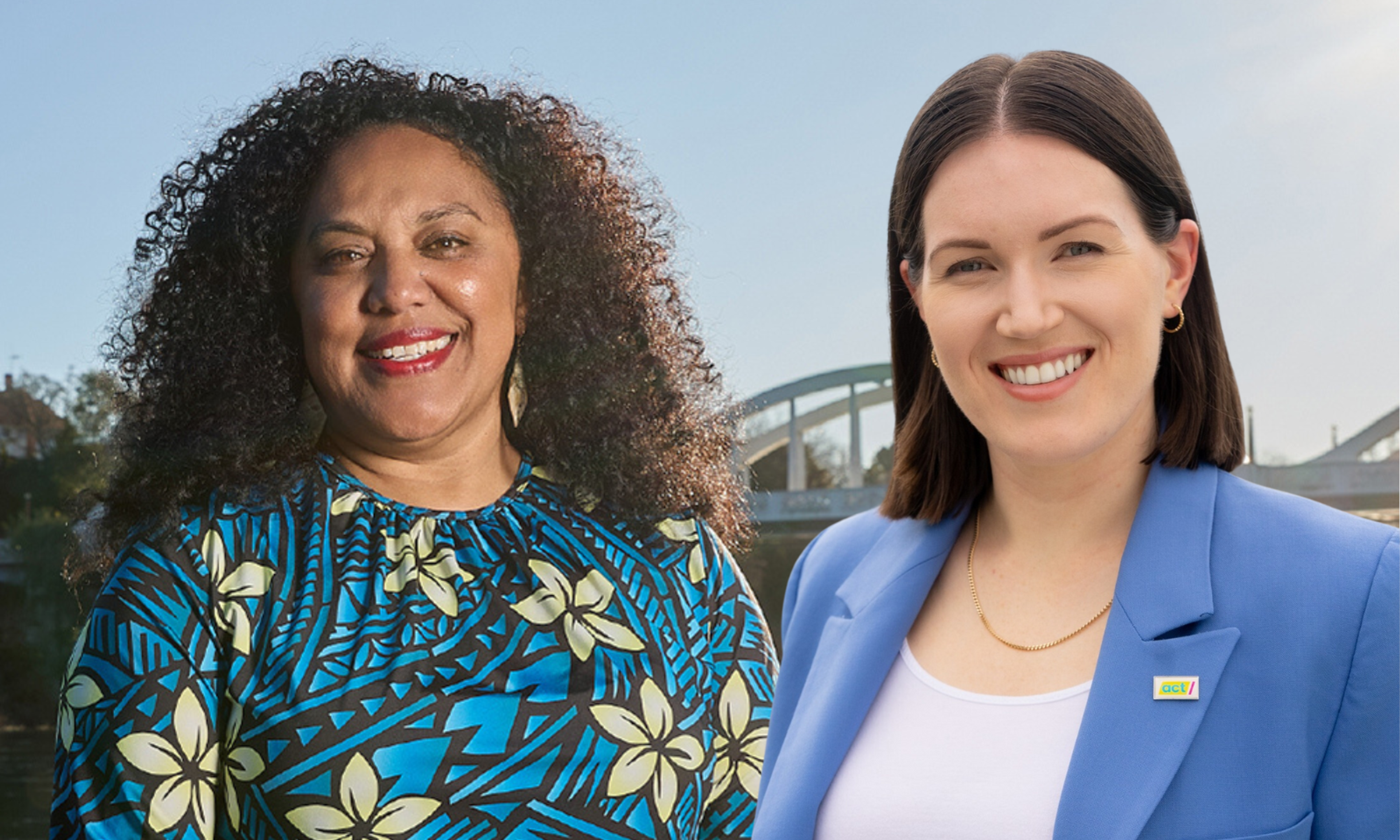

Vika Namoa.
Photo/Website/SCOOP
Church, culture and KiwiSaver: Pacific researcher maps money matters
Massey University researcher Vika Namoa investigates how Pacific youth navigate communal pressure, calling for culturally grounded financial education and more explicit money language.




Is it aliens? Is it the Matrix? Nope, just daylight saving again

Laauli’s Israel stance puts Sāmoa on shaky legal ground



Is it aliens? Is it the Matrix? Nope, just daylight saving again
A Pacific researcher is investigating how cultural obligations can lead to crippling debt for Pacific New Zealanders and how they navigate these changes.
Vika Namoa, a doctoral student at Massey University, focuses on the cultural influences affecting the financial behaviour, including communal expectations like church contributions and family obligations (fa’alavelave), which impact budgeting, saving, and borrowing.
She aims to develop Pacific-language budgeting tools co-designed with community leaders to lift financial wellbeing.
Speaking to William Terite on Pacific Mornings, Namoa says her interest in this field began with her first job, where she interacted with people with “low levels of financial literacy”. Her motivation grew after reviewing a report from the Retirement Commission’s report that showed Pacific people scored “significantly” lower on overall financial wellbeing.
“So with this opportunity to study this PhD, I saw it as a chance to better understand the reasons behind these statistics, but more importantly, to help and develop culturally appropriate resources and solutions that could support our people,” she says.
While Namoa’s research is still in the data collection phase, her experience as a financial mentor for predominantly Pacific clientele has revealed several key observations.
She shares a case where a borrower took a personal loan to fund a family birthday celebration, fell into arrears and damaged their credit rating. Others have withdrawn from their KiwiSaver accounts to cover church or community expenses, undermining their retirement security.
“Our people often get themselves into debt and aren't aware of the financial impact. These include car financing issues and getting ourselves into large debt to sort of help our families. What they say is it’s to fulfil their cultural obligations.”
She says the stigma around financial discussions in Pacific communities hinders progress, as speaking openly about budgeting, debt, or income can be seen as disrespectful or inappropriate.
“It's a missed opportunity, especially for financial education, budgeting and just open discussions about debt, because we isolate ourselves once we fall into these sorts of debts. And then what else do we do after that? We get left in that isolation, which creates a bigger impact on your well-being itself.”
Watch Vika Namoa’s full interview below.
Financial education in schools
In addition to her research, a recent Financial Resilience Index found that over 55 per cent or over 2 million New Zealanders continue to worry about their finances, with a notable drop in retirement preparedness returning to 44 per cent, the same as in 2023.
The Government has announced plans to integrate financial education into schools, making it a core component of the revamped social sciences curriculum for students in Years 1 to 10 from 2026.
Education Minister Erica Stanford says it is a vital initiative for youth to make informed decisions in a “complex financial world”.
Namoa supports the Government’s plan, believing that early financial skills can boost resilience. But, she highlighted that the language and jargon used in Western financial systems often confuse users and conflict with Pacific values.
“It needs appropriate languages that match not just for Pacific people, but generally. Our financial system is designed in a way that confuses a lot of people. A lot of the languages used to promote these financial products - I think we often fall into the trap without understanding the full language of how these financial products are delivered.”
It’s okay to say no
To address these challenges, Namoa is co-designing translated budgeting terms and culturally aligned education tools with community leaders. She has already conducted pilot workshops in her church that have sparked significant interest.
“We've got a few financial capability workshops that's designed for our communities. Not many, but something that would be quite valuable for our community is to have these workshops run in their space.”
Namoa’s core advice is to “live within your means” and feel empowered to decline unaffordable requests, while trusting in family understanding.
“If you've been tasked with contributing to a financial, contributing financially to an event or especially a family function, it's okay to say that you can't contribute. Also utilise the financial mentoring services that's offered around now.
“If you're planning on getting, say, a loan or something that requires a financial part of your financial contribution, and that would help you to better understand whether you're fit to sign up for something for this financial commitment.”